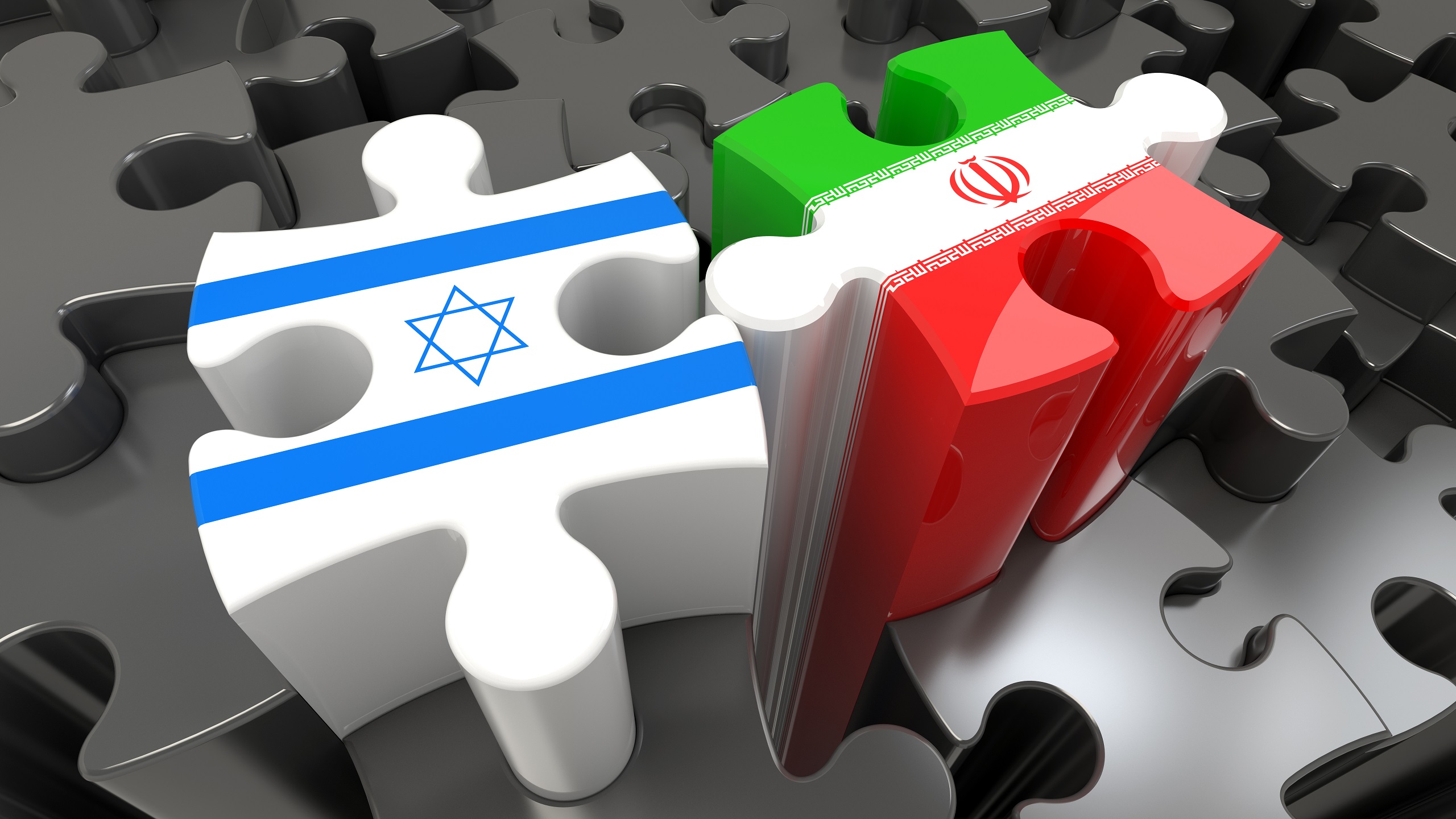Israel and Its Stance Toward Iran
Al-Ittihad, UAE, May 6
Israel is home to a handful of think tanks and research centers focused on identifying the risks and challenges facing the state in the short and medium term, while developing long-term national strategic visions. The best political and strategic minds in Israel work at these centers. A core focus of these research centers in recent months has been the issue of a nuclear Iran. Specifically, Israeli experts are busy analyzing how the failure of the recent negotiations with Iran over a renewed nuclear deal will affect the future of the region. Based on the reports and briefs published by these centers, it seems as if there still are a few major gaps between the Israeli and American positions on the Iranian nuclear file. The bilateral discussions held recently between the two countries didn’t help close the gaps. The US administration warned Israel against taking unilateral measures against Iran that would sabotage the agreement. The Americans also tried to convince their Israeli counterparts that the agreement poses no real risk to Israel’s security. Meanwhile, growing voices in Israel warn against overreliance on the US and are calling for Israel to develop its own plan of action against Iran’s nuclear program, even if it requires entering into a direct confrontation with Iran. The US administration realizes that silencing Israel’s voice isn’t as simple as it seems. Concluding arms deals, financing the Iron Dome system, or allocating additional resources to Israel’s Arrow system won’t silence the Israeli government. Rather, the US must respond to Israel’s comprehensive security concerns and protect it from any future war with Iran. The advice given by Israeli strategists to Naftali Bennett’s government focuses on the necessity of separating the strategic from the political, focusing on Israel’s long-term priorities regardless of the agreement signed between Washington and Tehran. In other words, if Israel feels a need to protect itself from an external threat, it may very well take unilateral action without receiving permission from anyone. – Tarek Fahmy (translated by Asaf Zilberfarb)
This holiday season, give to:
Truth and understanding
The Media Line's intrepid correspondents are in Israel, Gaza, Lebanon, Syria and Pakistan providing first-person reporting.
They all said they cover it.
We see it.
We report with just one agenda: the truth.



